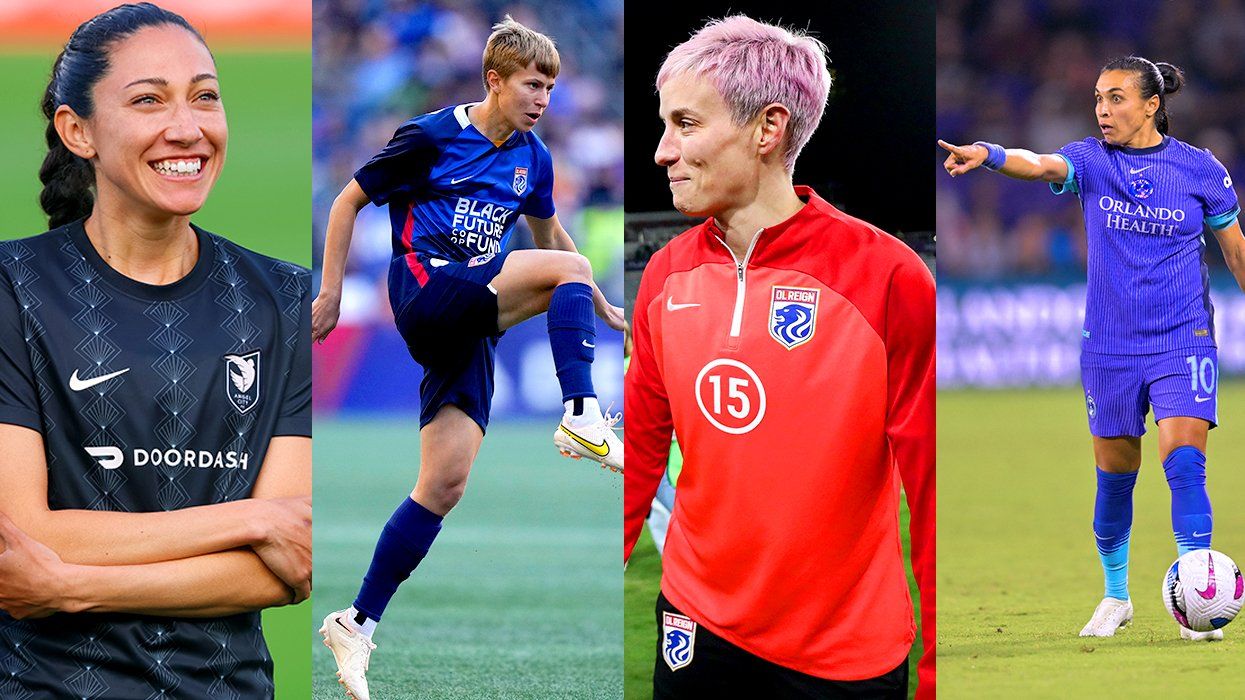The Supreme Court has agreed to hear a class-action lawsuit in which 1.5 million female employees of Wal-Mart are represented, alleging that the retail giant, and the nation's largest employer, discriminates against women by denying promotion opportunities and paying lower wages to women, according to The Washington Post.
The case the high court accepted on Monday will not examine whether the claims are true, only whether they can be tried together. The court will rule on whether it is suitable or not for a large group of people employed by the company to unite in a single lawsuit regarding a sensitive complaint like sex discrimination.
However, that issue has the potential to be just as important as the discrimination claims themselves since the decision will either side with business groups or civil rights groups. Business groups complain that class-action suits require settlements even on false claims. Civil rights groups say joint action is the most effective method to stop discriminatory practices.
This case is the largest job discrimination case in US history. It grew from six women to a case that now potentially involves billions of dollars for the 1.5 million female employees. Wal-Mart is trying to put an end to the case, and has support from other large companies who are concerned about class-action case rules. Currently, class actions against Costco and the tabacco industry are pending claims which could be altered by the court's decision.
Wal-Mart, based in Bentonville, Ark., is appealing a ruling by the 9th U.S. Circuit Court of Appeals in San Francisco that the class-action lawsuit could go to trial. Tobacco giant Altria Corp., Bank of America Corp., Dole Food Company Inc., General Electric Co., Intel Corp., Pepsico Inc. and United Parcel Service Inc. are among the companies that also called for high court review of the case.
Wal-Mart applauded the Supreme Court intervention on Monday. "The current confusion in class action law is harmful for everyone - employers, employees, businesses of all types and sizes, and the civil justice system," Wal-Mart said in a statement. "These are exceedingly important issues that reach far beyond this particular case."
Lawyers representing the women are anxious to get procedural issues delaying the trial settled, saying they "welcome the U.S. Supreme Court's limited review of the sex discrimination case and are confident that the court will agree that the women of Wal-Mart are entitled to their day in court."
Wal-Mart says that because each of their stores operates as an individual business and there is no companywide discrimination policy, any women alleging gender biases need to file their own complaints against individual stores, and they should not be allowed to file the lawsuit together.
Plaintiffs argue that the company had knowledge it did not have comparable opportunities for women to other employers, and that the company enforces tight control and uniform rules for its stores.
This lawsuit, originally filed in 2001 by six women, has been ruled fit to proceed as a class action three times by the 9th Circuit. The most recent decision in April was a 6-5 vote favoring the plaintiffs. Judge Michael Daly Hawkins said even though there are a lot of women involved, "mere size does not render a case unmanageable." Judge Sandra Ikuta said that the women failed in presenting proof of widespread discrimination, and without that evidence, "there is nothing to bind these purported 1.5 million claims together in a single action."
Read the complete story from The Washington Post here.














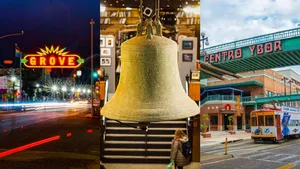
































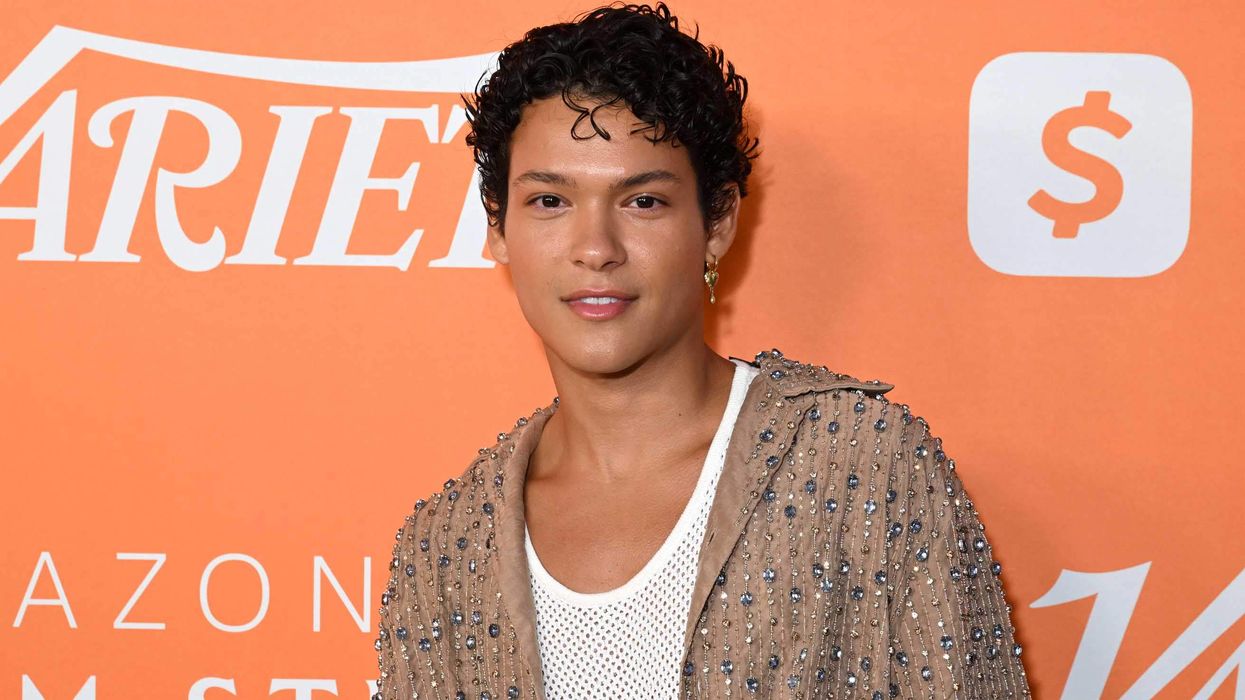
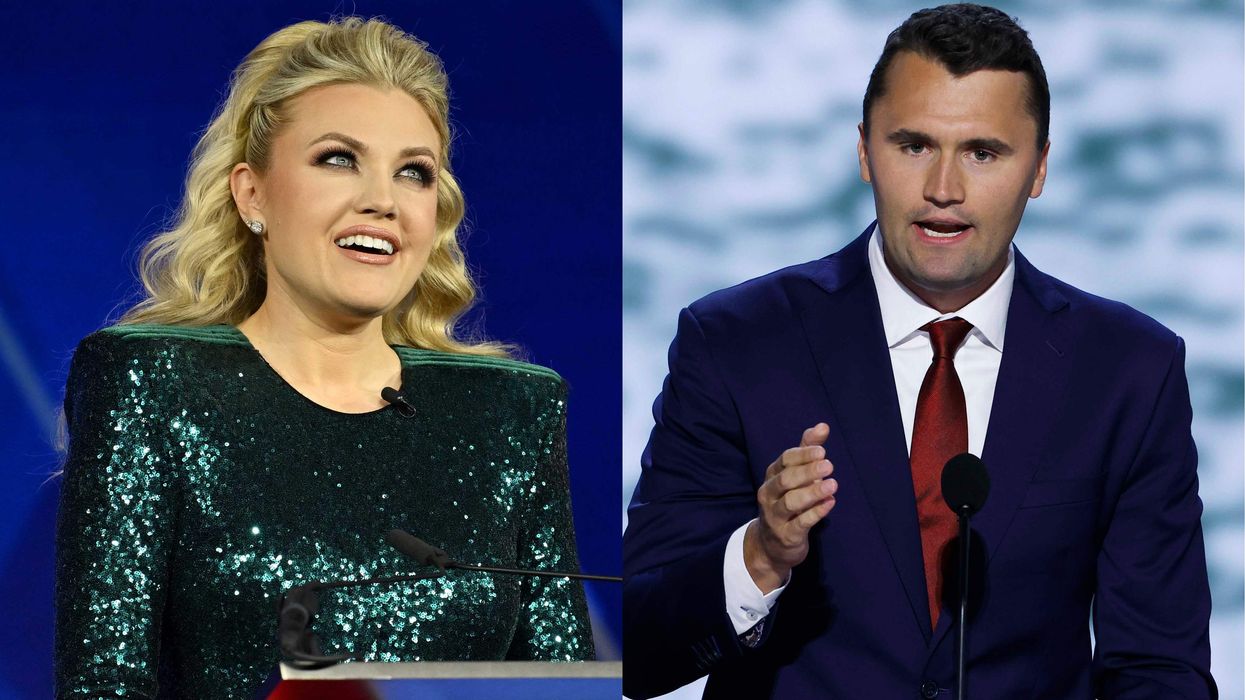































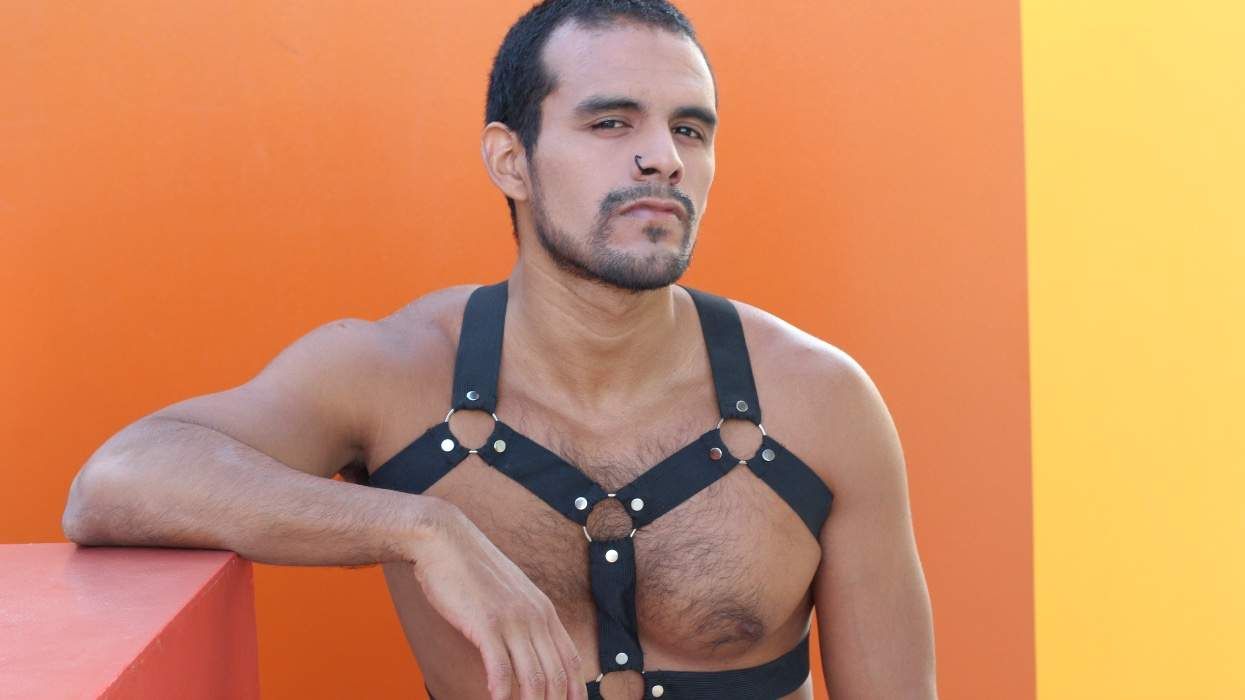






 Cindy Ord/Getty Images
Cindy Ord/Getty Images
























